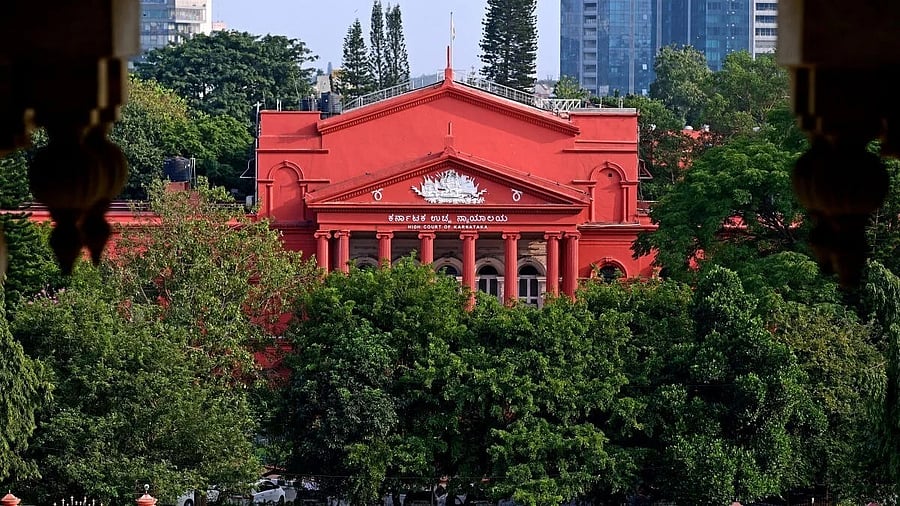
Image of Karnataka High Court
Credit: DH Photo
Bengaluru: The Karnataka High Court has directed the state government to bring in health and safety standard regulations for all street vendors and food trucks, and create a mechanism for vigil over its strict implementation, noting that an “effective and meaningful segregation” is required.
It also directed the Centre to divide the guidelines under the regulations into small, medium and large restaurants to implement the regulations.
“...segregation must ensue so that standards of food and health are maintained at every rung of consumption, be it in a large restaurant, small restaurant, food trucks or even vending in the street,” Justice M Nagaprasanna said while disposing of the petition filed by the Karnataka Pradesh Hotel and Restaurants Association and Bruhat Bengaluru Hotels Association.
The petitioners had moved the court in 2012 challenging the March 13, 2012, communication issued by the Commissionarate of Health and Family Welfare Services, Bengaluru.
The communication cited the Centre’s direction to states to implement rules and regulations, which are framed by the Food Safety and Standards Authority of India (FSSAI). This mandates every food business operator to either get a licence or registration to carry on their business.
The petitioners sought directions to declare a few of the provisions of the Food Safety and Standards Act and the regulations as unconstitutional. They also allege impracticability of implementation of the regulations.
On the other hand, H Shathi Bhushan, Deputy Solicitor General of India, submitted that food safety and standards that form part of the Act are all based on international legislation, instrumentality like the Codex.
The court examined the food safety practices and legislation followed by various countries across the world and noted that food safety has become an inescapable pillar of public governance.
“If a similar food safety regime is followed all over the world, it cannot be said that the petitioners or their members would not follow it,’’ Justice Nagaprasanna said.
‘‘Yet, there remains a solitary fly in the ointment – the absence of an effective and meaningful bifurcation between restaurants, street vendors, food trucks and hawkers,” he said.
The court further said, “The only direction that can be issued while sustaining the Act and the Regulations is that Government of India should now enact a law or guidelines as the case would be,
specifically and separately for restaurant businesses dividing them to small, medium and large businesses, clearly indicating the hygiene, cooking processes, procurement of raw material etc., to be in conformity with traditional Indian standards of cooking and cooking processes.”
"From humble roadside stalls to the modern food trucks or uber restaurants the spirit of Indian cuisine thrives. However the Licensing and Registration of Food Businesses Regulations 2011 draw their lines of demarcation upon annual turnover," Justice M Nagaprasanna